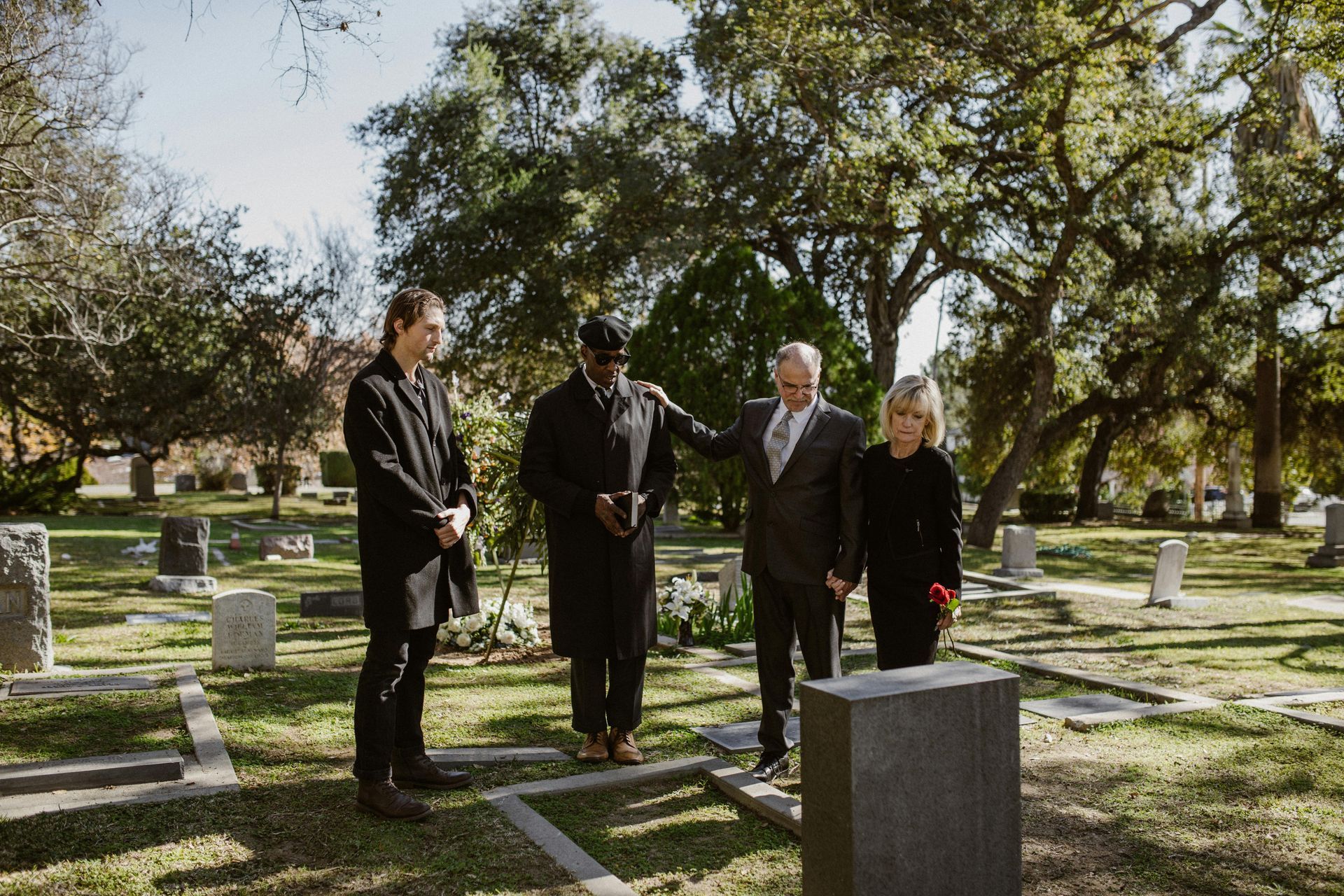Legal Grounds for Contesting a Will in California
Legal Grounds for Contesting a Will in California
Contesting a will is a serious legal action that can arise when someone believes a will does not reflect the true intentions of the deceased. In California, the law permits will contests under specific circumstances. If you are considering challenging a will, understanding the legal grounds is the first step.
At All Day Law, APC, we assist individuals across California who are navigating the complexities of probate and will disputes.
Who Can Contest a Will in California?
Only individuals who have legal standing can contest a will. This means you must be an heir, beneficiary, or someone who would have inherited under California’s intestate succession laws if no will existed.
Valid Grounds for Contesting a Will
A will can be challenged only for legally recognized reasons. The most common grounds include:
1. Lack of Testamentary Capacity
The person creating the will (the testator) must understand the nature of the document, their assets, and who would logically inherit. If the testator was suffering from dementia, mental illness, or was under the influence of medication or substances, the will may be considered invalid.
2. Undue Influence
If someone exerted excessive pressure on the testator, leading them to change the will in a way that benefits that person unfairly, this could be grounds for contest. Signs include isolation of the testator, secrecy, or sudden changes to the will.
3. Fraud
A will signed under false pretenses—such as tricking the testator into signing a will they didn’t intend to—can be voided. Fraud also includes misrepresenting facts to the testator to manipulate the outcome.
4. Forgery
If there is evidence that the signature or the will itself is forged, the document may be challenged in probate court.
5. Improper Execution
California requires specific formalities for a will to be valid. These include being signed by the testator and witnessed by at least two individuals. A will not meeting these requirements may be deemed invalid.
6. Revocation
If a more recent will exists, or if the original will was legally revoked, the contested will may not be enforceable. Revocation can occur by destroying the document or through a written revocation.
Timing Matters
A will contest must be filed within a specific time after the will is admitted to probate—usually within 120 days. Failing to act within this window may result in losing the right to challenge the will.
Legal Support for Will Contests
Challenging a will is both emotionally and legally complex. At All Day Law, APC, we help clients assess their standing, gather evidence, and navigate the probate process. Our goal is to ensure that your loved one’s true wishes are respected under California law.









